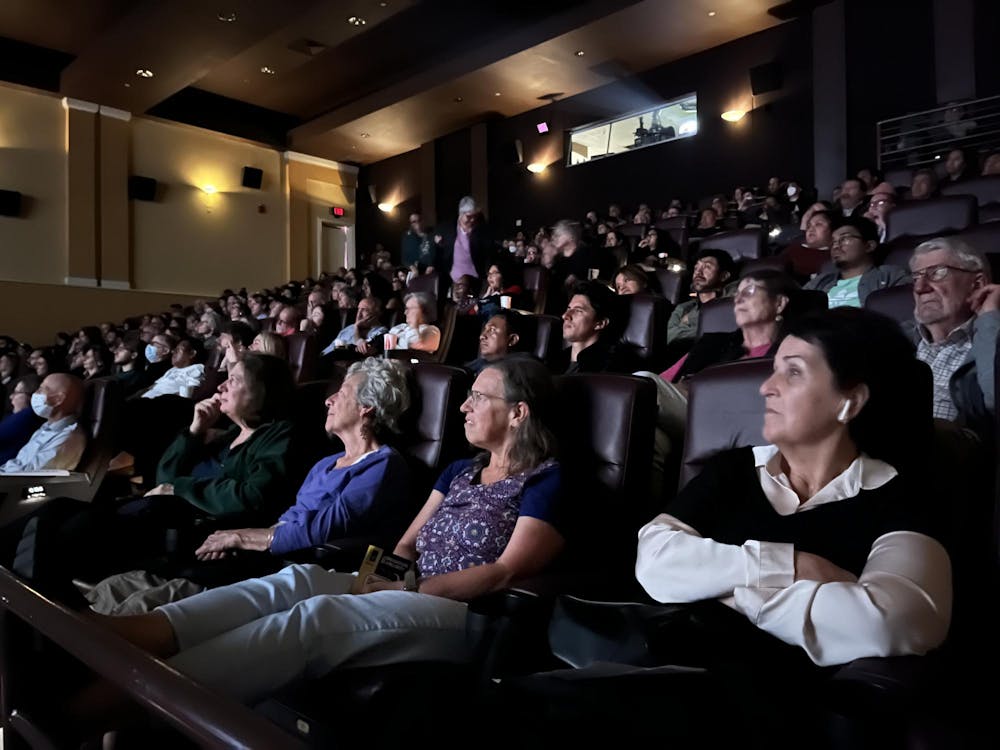Once again, Chapel Hill and Durham present Latin American stories on the screen.
This October, UNC and Duke University’s Latin American Studies Departments will hold their annual North Carolina Latin American Film Festival. The film festival showcases numerous Latin American feature-length films and short films, relating to this year’s theme, “Fronteras,” or “Frontiers” in English.
The film festival began on Oct. 7 and will continue screenings until Oct. 26 for all to enjoy, free of charge.
It was founded in 1986 by Sharon Mujica, the former director of educational outreach for UNC and Duke’s consortium in Latin American Studies. She held the role of artistic director for the NCLAFF until 2008, when she offered the role to Miguel Rojas-Sotelo.
Rojas-Sotelo began his career in film while attending the Universidad de los Andes in Bogotá, Columbia for his undergraduate degree. During this time, he was working as an intern in the Cinematheque of the Museum of Modern Art . He continued to pursue film in his graduate studies at the University of Pittsburgh, where he created a film club. He graduated with a PhD in Visual and Cultural Studies.
“I had the fortune to experience the world through cinema,” Rojas-Sotelo said. “[I] traveled to places I could never imagine traveling; cinema gives [you] that. Cinema is the most immersive of all the arts and is not an individual experience. It’s a collective experience.”
Over his 16 years as artistic director, Rojas-Sotelo has been able to create a large network of friends and collaborators who hope to expand Latin American representation in film. He notes the importance of the NCLAFF within this particular region, as the population of Latin Americans in North Carolina increases by around 10% each year.
“At the Carolina Theatre, we showed one of those stories of migration and return,” Rojas-Sotelo said, referring to "The Disobedient One" (2024). “We are very happy, being able to connect with those communities and to invite them to our amazing spaces at UNC and Duke.”
The NCLAFF is not a commercial festival, which allows the festival’s team to meticulously choose films that align with the film festival’s goal of amplifying the experiences of Latin Americans.




